Are Postbiotics Better Than Probiotics For Immune Health

In the ever-evolving world of gut and immune health, probiotics have long held center stage. But recently, another player has emerged from behind the scenes, postbiotics. This rise has sparked a new conversation: postbiotics vs probiotics.
While the buzz around postbiotics is well-earned, the truth is more layered. To truly understand their benefits, we need to dive into the ecosystem of the microbiome and appreciate how prebiotics, probiotics, and postbiotics actually work together.
Postbiotics 101: What They Are and Why They Matter
Postbiotics are not live bacteria like probiotics. Instead, they’re the bioactive compounds produced by probiotics during fermentation. Think of them as functional end-products; enzymes, peptides, short-chain fatty acids (SCFAs) like butyrate and acetate, and other metabolic byproducts that influence immune signaling, inflammation, and gut integrity.
“Postbiotics are the most direct way to modulate immune activity at the cellular level,” says Dr. Linda Rusk, a microbiome researcher at Stanford. “They can deliver immune-modulating effects without relying on survivability or colonization.”
Probiotics vs Postbiotics: It’s Not a Competition
It’s easy to pit one against the other, but in reality, it’s not about choosing sides.
Probiotics for immune health remain essential; they introduce beneficial bacteria that crowd out pathogens, improve barrier integrity, and interact with the gut’s immune cells. But their effectiveness depends on context: the strains used, your unique microbiome, and what you feed those strains.
That’s where prebiotics come in. These non-digestible fibers act as the fuel for probiotics, allowing them to flourish and produce—you guessed it—postbiotics.
In other words:
-
Prebiotics feed the good bacteria
-
Probiotics are the good bacteria
-
Postbiotics are the beneficial outputs
Rather than replacing probiotics, postbiotics are a powerful extension of their benefits.
So... Are Postbiotics “Better”?
In isolation? Not necessarily.
In a well-rounded routine? Absolutely.
Think of postbiotics as the evidence that your gut ecosystem is working well. But to create postbiotics naturally, your body still needs the right inputs—live strains, plant fibers, and metabolic cofactors.
If you’re already taking a smart women’s probiotic, supporting your glow with collagen peptides, and nourishing your gut with plant-based nutrients (like in those little pink gummies that taste like fruit snacks but do so much more); you’re probably already supporting your postbiotic potential.
Final Thoughts
The real takeaway in the postbiotics vs probiotics conversation is this: your body doesn’t work in silos. Immunity is not a one-note function; it’s connected to your skin, your hormones, your digestion, even your mental clarity.
When you combine the foundational strength of probiotics, the nourishment of prebiotics, and the potent outcomes of postbiotics, you’re giving your system exactly what it needs; intelligent inputs and powerful results.
That’s exactly what Nutrili’s Women’s Probiotics are designed to do — a science-backed blend of pre + probiotics that not only support your gut and vaginal microbiome, but also help your body naturally generate postbiotics for long-term resilience.
So don’t swap; stack smart. Your future self (and your microbiome) will thank you.
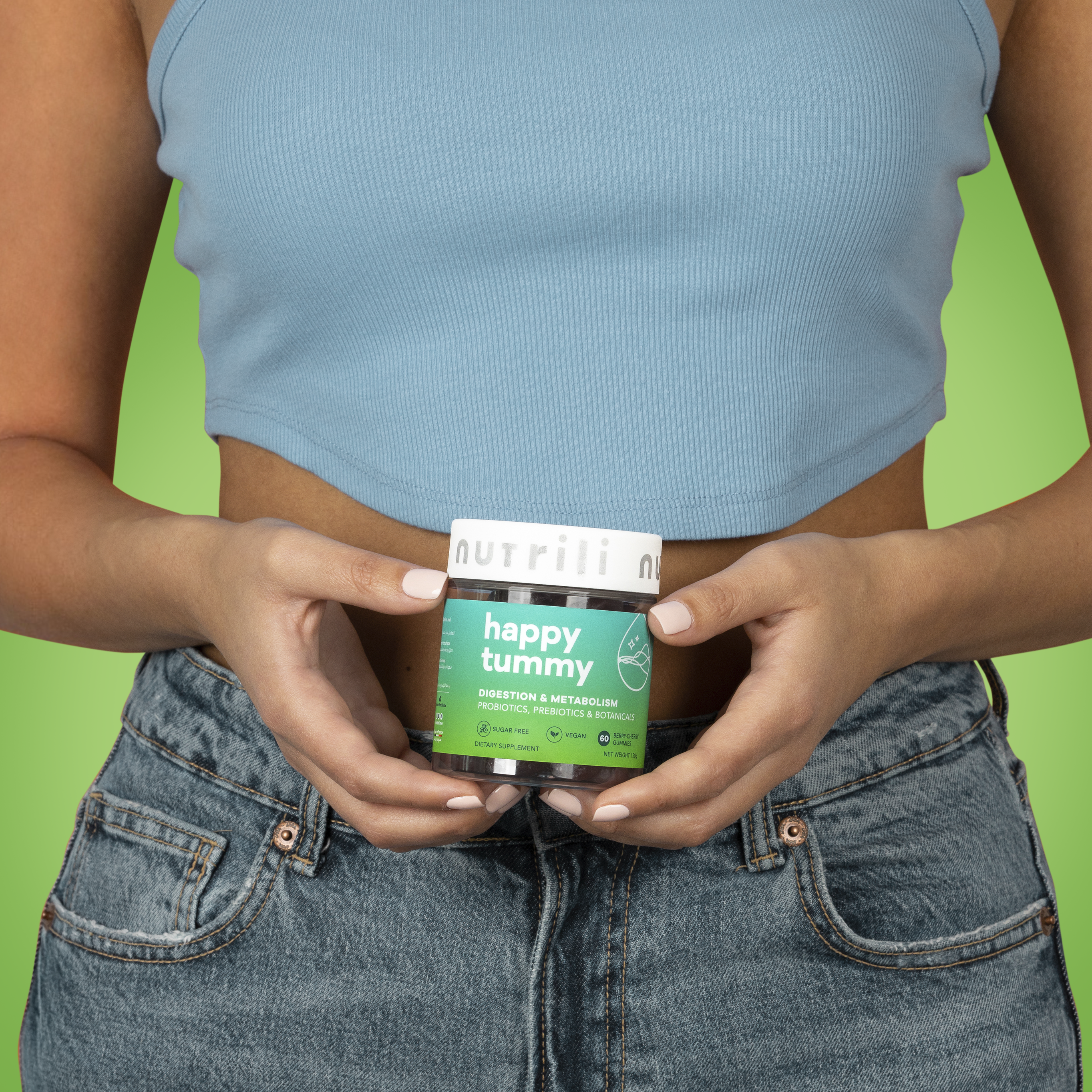











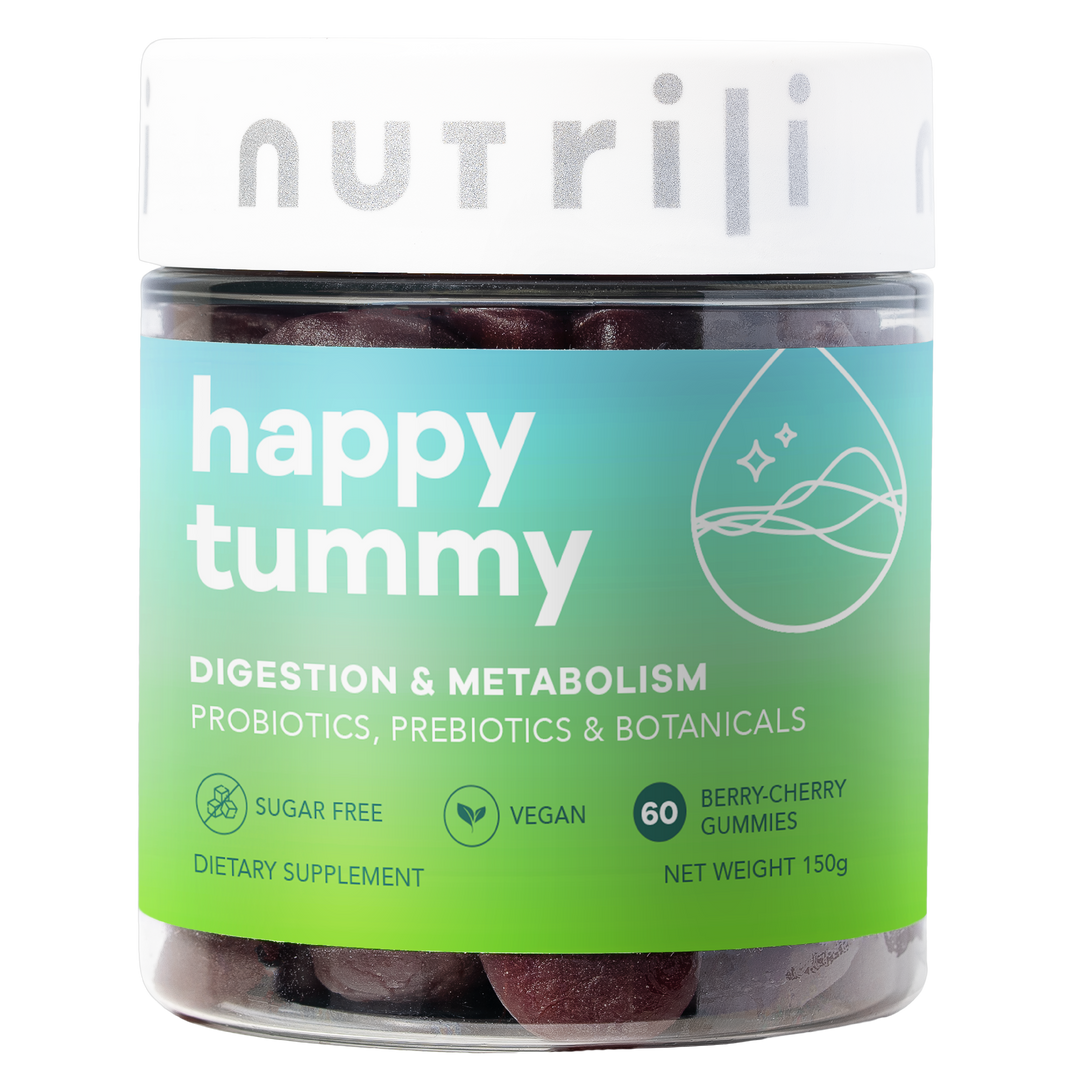
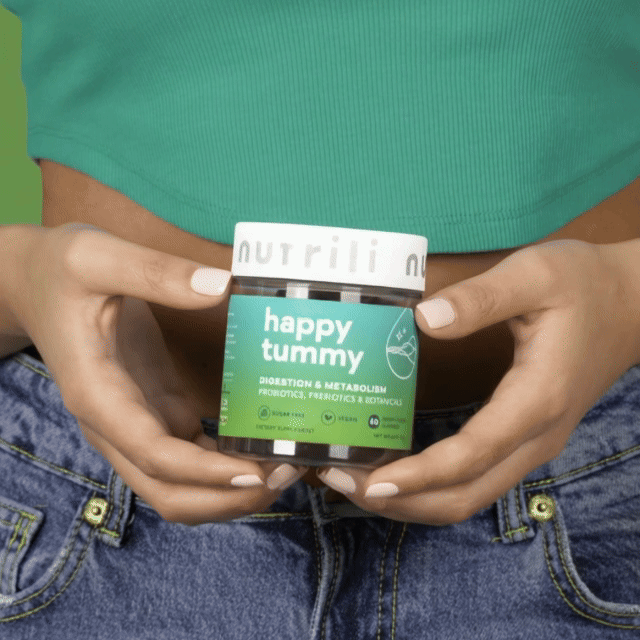


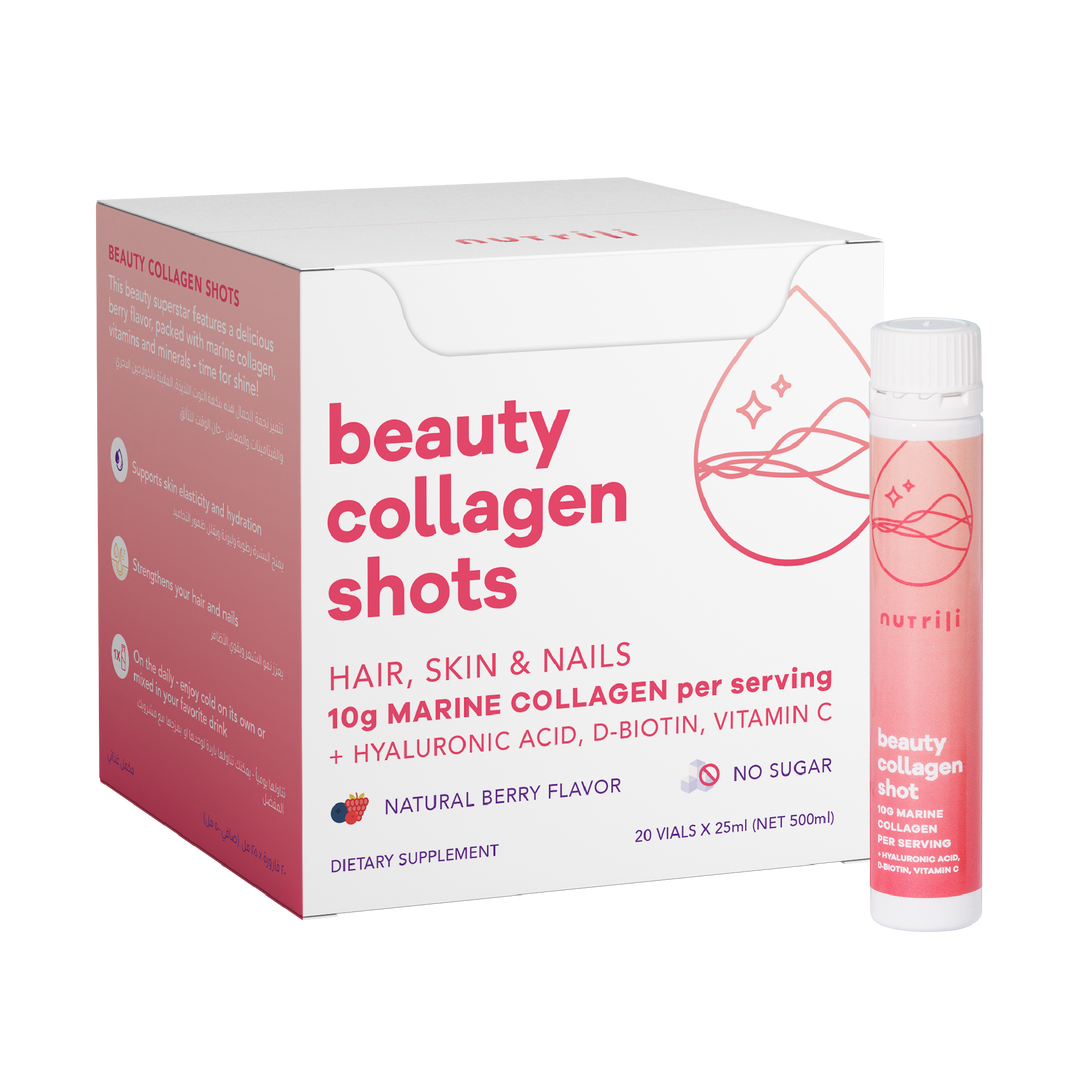
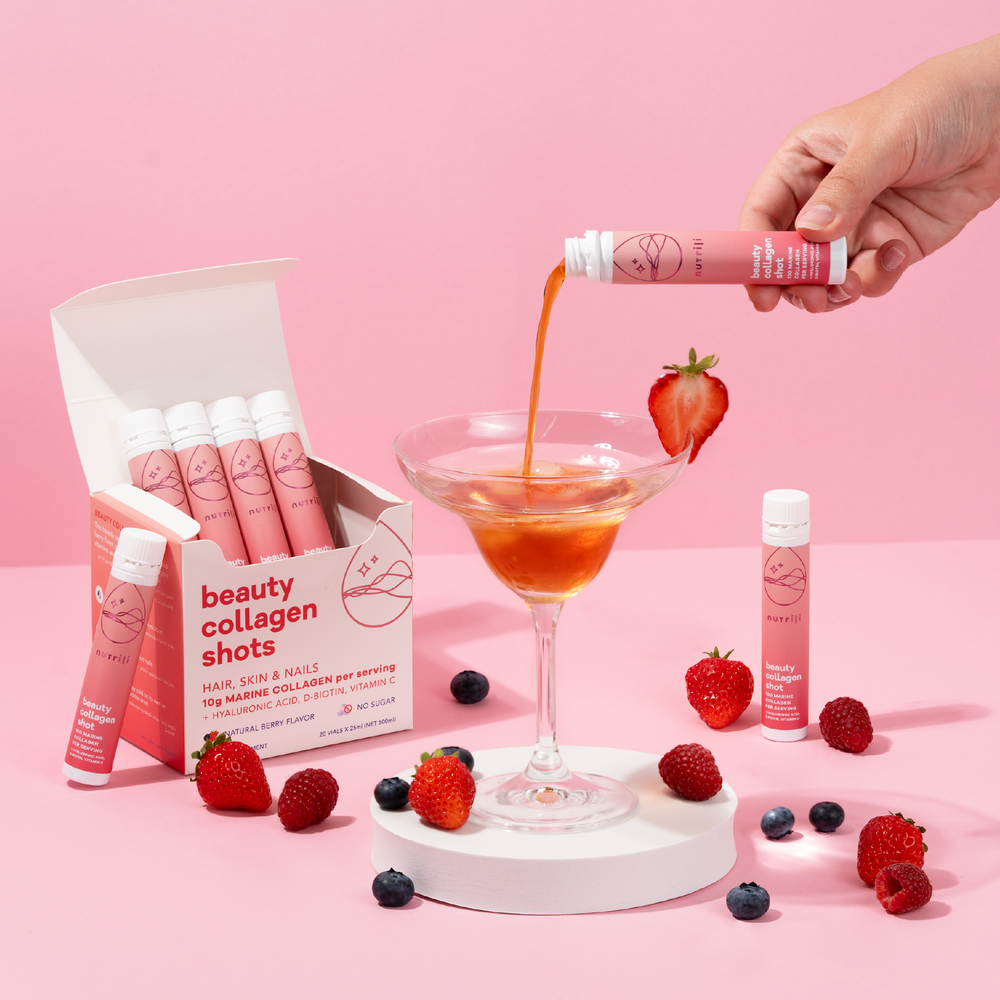
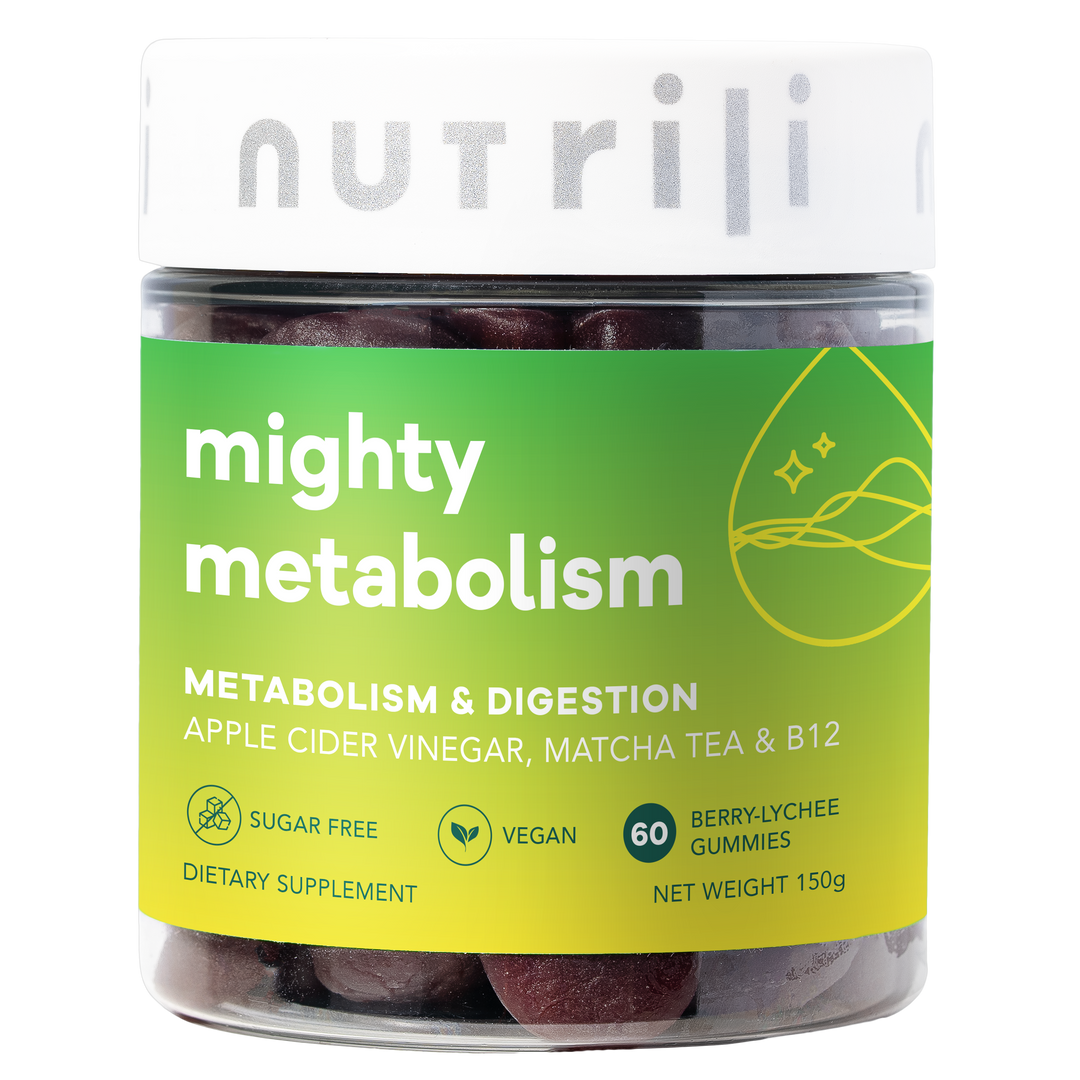
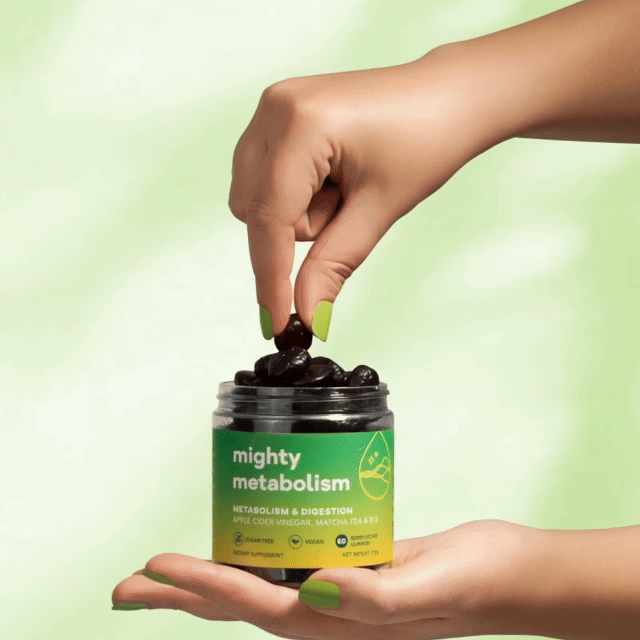
Leave a comment